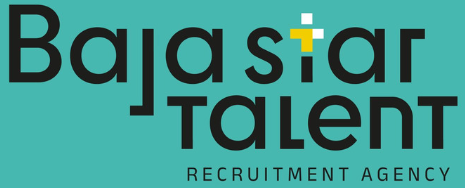The United States has announced new restrictions on the H-1B visa, raising costs and limiting access to specialized foreign talent. The mandatory $100,000 fee and stricter criteria create uncertainty in sectors like technology and finance. In this scenario, nearshoring in human resources emerges as an immediate alternative.

A Costly and Restrictive System
As the U.S. tightens H-1B visa conditions, companies face the challenge of accessing specialized talent without being trapped in an increasingly costly and restrictive system.
The new $100,000 fee per application represents an unprecedented increase in international hiring costs, on top of existing legal fees, long wait times, and complex administrative procedures that already burdened the program.
Adding to the difficulty, the selection process often depends on a lottery system with limited caps, preventing companies from reliably planning the hiring of key professionals.
Here, a clear alternative emerges: nearshoring in human resources.
Nearshoring as a Strategic Response
BajaStarTalent helps U.S. companies connect with top bilingual professionals across Latin America. From customer service and administration to IT and logistics, this model allows businesses to build strong, multicultural, and cost-effective teams working in the same time zone.
Through nearshoring, companies can lower operating costs, ensure continuity, and gain access to skilled professionals without the complications of U.S. immigration procedures.
Recent H-1B Visa Changes
The H-1B program, historically used to hire foreign workers in specialty occupations, has undergone significant changes since September 2025:
- Mandatory $100,000 fee for every new application.
- Entry restrictions for workers whose applications don’t include the fee.
- Initial 12-month application window, with the possibility of extension.
- Revised prevailing wage rules, prioritizing higher-paid, highly specialized profiles.
Although these changes don’t affect current visa holders or ongoing renewals, they create a stricter and more expensive environment for new international hires.
The Impact on U.S. Companies
Sectors most dependent on global talent—technology, healthcare, engineering, and finance—are now facing:
- Higher recruitment costs.
- Slower and more bureaucratic hiring processes.
- Less flexibility to onboard strategic talent.
In a market that demands agility, innovation, and cost efficiency, relying solely on the H-1B program has become a growing risk.
Nearshoring as a Sustainable Strategy
As the H-1B system becomes more restrictive, HR nearshoring offers a practical and competitive solution. With BajaStarTalent, U.S. companies can quickly meet their bilingual staffing needs, tap into highly qualified professionals in Latin America, and strengthen their global competitiveness—without waiting on visas.
The conclusion is clear: in a changing environment, the advantage doesn’t lie in depending on an uncertain visa program, but in integrating Latin American talent now to continue growing with agile, diverse, and cost-effective teams.
